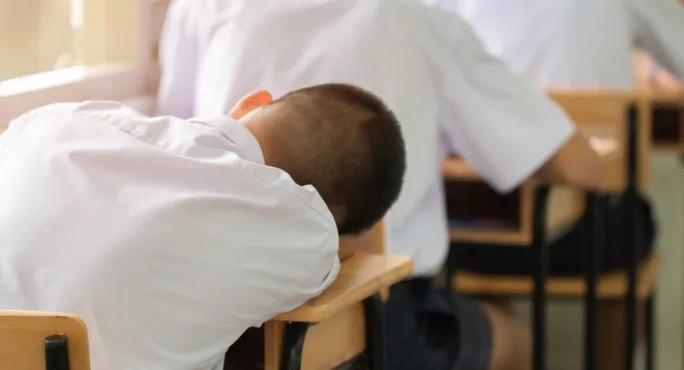Students’ GCSE and A level grades this year are likely to be based on exam paper questions already used in previous years rather than new material created by exam boards, Tes understands.
The Department for Education and Ofqual’s consultation on grading this year suggested that exam boards develop new papers to help teachers assess and grade students. They said these papers could use a combination of new questions and those from past papers.
But sources close to the discussions on the final plan - due to be announced next week - have suggested to Tes that only past paper questions are likely to be available.
This is prompting concerns that students could end up learning stock answers to past paper questions by rote. And as GCSEs and A levels have only recently been reformed there are very few past papers to draw on.
In full: GCSE and A level 2021 Ofqual and DfE proposals
GCSEs 2021: Teachers to mark exam board questions
Exams: Ofqual’s letter on summer grades
In full: Gavin Williamson’s exams letter to Ofqual
It is understood that exam boards are concerned they don’t have enough time to develop new material for teachers to use. There are also concerns that unused papers from 2020 could cover areas of the curriculum where students had suffered learning loss.
So teachers may be expected to rely on past paper questions as the only available exam board material to base their grading on.
Some sources close to the discussions say this has raised the prospect of students simply learning stock answers to past paper questions by rote, rather than studying the syllabus.
And there are fears that this could widen the gap between disadvantaged pupils and their better prepared peers, and could also prompt even higher levels of grade inflation than previously expected.
The newly reformed GCSEs and A levels have only been sat for a maximum of three previous years - 2017, 2018 and 2019 - so there would be a very limited pool of past paper questions for teachers to draw on and for students to prepare for.
Tes also understands that discussions have moved away from any sense that there could be compulsory “mini exams” set by boards and sat by all students.
Although the official consultation offered that as a possibility, the Ofqual DfE plan was written in a way that suggested that such “papers” would be optional.
Geoff Barton, Association of School and College Leaders general secretary said: “It feels to me as if there is a very strong sense of squeamishness about anything that looks like mini-exams,”
He added it was “more likely will be a range of assessments, some of which has been drawn from externally-set papers but undertaken in class”.
“Using some of these external questions or papers, and supporting guidance from exam boards, is likely to help a student feel they’ve earned a ‘proper’ grade, but also protect teachers from accusations of being unduly subjective,” he said.
“In terms of the risks of massive grade inflation, ASCL has been arguing that there should be some cognisance of a school or college’s historical performance between 2017-2019.
“If the cohort has changed for some reason, the leadership could submit evidence to explain that. But in general we should avoid excessive grade inflation because it’s not in the interest of any student to progress onto a course for which they haven’t gained the appropriate knowledge.”
A DfE spokesperson said: “Fairness to young people has been and will continue to be fundamental to every decision we take on these issues. We know how important this is to teachers, parents and students, which is why we have made sure everyone is able to have their say in our exams consultation.
“The consultation closed with over 100,000 responses, making it the department’s largest ever. We are working closely with the sector and Ofqual to take all these views into account and make sure young people can receive a grade that reflects their hard work and enables them to progress.”
A spokesperson for Ofqual said: “We will say more about the outcome of our recent joint consultation and how we intend to proceed when we set out the results of our consultation next week.”

